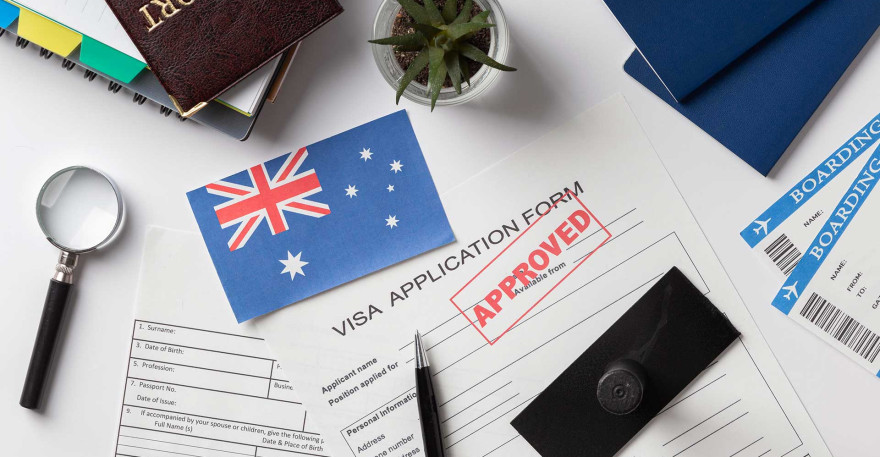



Loading...

If you are a student planning to study at a university in the UK, you will need to apply for a student visa. Applying for a student visa can be a bit intimidating for most students. No one wants to go through the hassle and exhaustion of going through the extensive application process only to be rejected for a UK student visa. If you are wondering if a UK student visa is difficult and how to avoid visa refusal, we are here to help. Follow the tips below to make sure your student visa is accepted.
Tip 1 - Apply for Your Visa As Early As Possible
If you are planning to apply for a UK student visa in the summer, know that this is one of the busiest times of the year. Keep in mind that it takes time to process a student visa application.
Tip 2 - Make sure you have sufficient funds
One of the major reasons for rejection of UK student visas is insufficient funds in the account. All applicants are required to share their bank statements or the bank statements of their parents or guardians. The bank account must have sufficient funds to cover the visa fee, tuition fees and living expenses.
How much money you need depends on where you study. As a general guide, you will need £1334 per month for courses in London and £1023 per month for courses outside London. It is very important to make sure you have enough money to last you for one academic year, i.e. 9 months.
You must also ensure that these funds have been in the account for at least 31 consecutive days from at least 28 days prior to the submission of the application. This is mandatory unless you are taking out a student loan or financial sponsorship. In this case, you will need documentation from the loan or sponsorship company.
Tip 3 - Complete your Credibility Conversations
Credibility interviews are an important part of the visa process to avoid UK visa refusal. Many people come to the UK under the guise of studying and instead they cannot enroll in university or attend their classes. Therefore, credibility interviews are conducted to ensure that you are coming to the UK as a genuine student and not a worker.
This will probably be a 20-30 minute interview between you and an admissions representative. The interview may include questions about your personal and financial background, your study and post-study plans, your immigration history, your educational background and more. To complete this interview, make sure you go through the answers to all these questions and focus on the reasons why you chose the UK and a particular university for higher education.
Useful tips include using specific information rather than general answers, knowing your visa and student responsibilities, and being knowledgeable about your study and course program. You should also review all financial information in advance as you will have to explain how you plan to support yourself during your stay in the UK.
The key to successfully nailing the credibility interview is that you understand the application form. You need to make sure you include all the information and answer all the questions confidently and accurately.
Tip 4 - Make a Document Checklist
To avoid a UK visa refusal, it is important to make sure that all the necessary documents are submitted. Here, the documents you will need:
Passport and other travel documents
Confirmation of Acceptance for Studies (CAS)
Financial documents and proof of income
ATAS certificate (if required)
Consent of parent or legal guardian (for minors under 18 years of age)
Proof of relationship with parent or legal guardian (for those under 18)
Tuberculosis test results
Letter of approval from fiscal sponsor (if any)
English language requirement documents
Review this list before submitting your application and make sure all your documents are translated into English.
Tip 5 - Prove Your English Skills
To avoid a UK student visa refusal, you need to provide proof of your English language skills as required by your institution or course. This means that you need to demonstrate your ability to read, speak and write in the English language as determined by the Common European Framework of Reference for Languages scale. This can be done by passing the Secure English Language Test and submitting your results.
We hope that the information in this blog will help to allay any concerns you may have about the difficulty of the UK student visa and how you can reduce your chances of rejection.